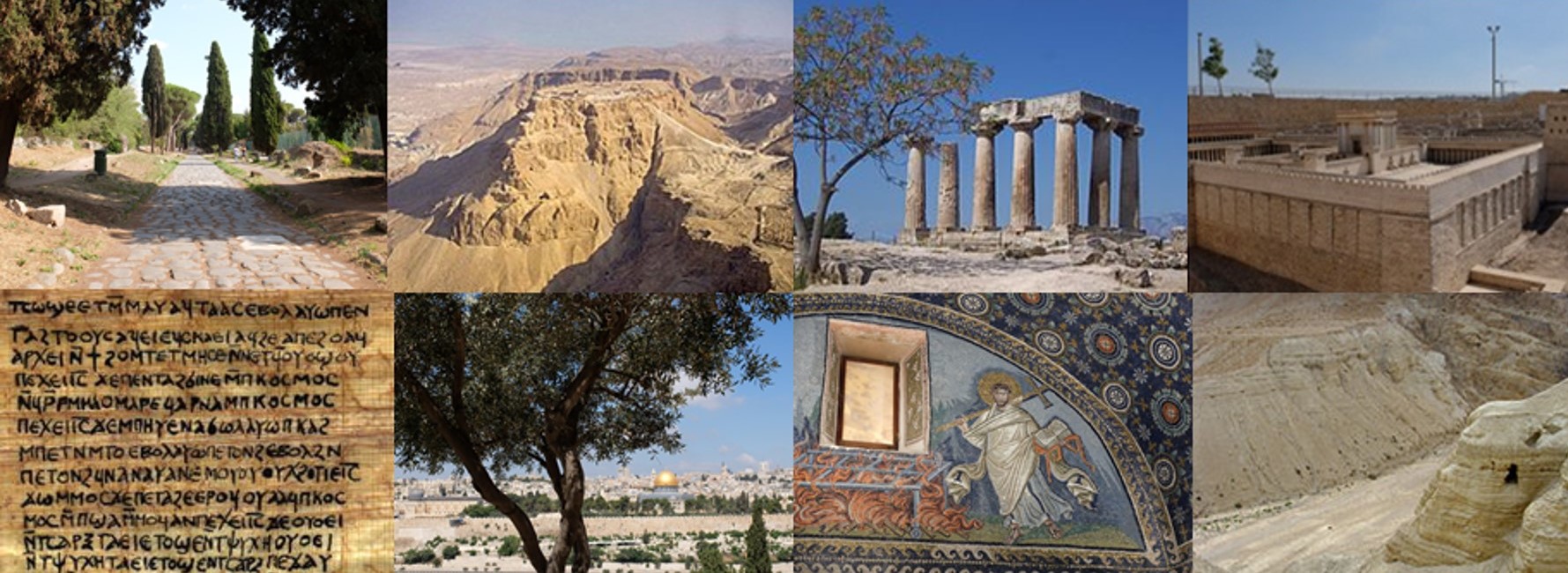Titles and abstracts for this year’s plenary papers are now available:
Thursday evening: Professor Candida Moss, University of Birmingham [chair: Francis Watson]
The Mark of the Nails: Resurrection, Identity, and Bodies in the Doubting Thomas Episode
Despite the fact that the resurrection of Jesus is a foundational moment in Christian history and one of the most closely debated elements of the Gospel narratives, the body of Jesus itself has received remarkably little attention. This paper uses ancient medical literature to ask ‘what are the marks in Jesus’ hands?’ and ‘what kinds of expectations would ancient audience have had about a resurrected (as opposed to reanimated) body?’ Moreover, it will explore the cultural significance of these marks and what they mean for our understanding of this scene in John.
Friday evening: Dr Alison Jack, University of Edinburgh [chair: Sean Adams]
‘How Frugal is the Chariot/That Bears a Human Soul’: What Might Literary and Biblical Critics Learn from Each Other?
Both literary and biblical critics work with texts, and both are invested to some degree in the power of these texts, ‘frugal’ though they might be, to transport a reader from one place to another, to echo Emily Dickinson’s image of reading. This paper considers some of the ways that the study of literature might inform the study of biblical texts, and vice versa. If biblical texts, like novels, poetry and drama, are considered to be ‘chariots’ for the ‘human soul’, what shared approaches might best lead to an appreciation of their significance, structure and direction of travel?
Saturday morning: Professor John Barclay, Durham University [chair: Loveday Alexander]
Benefit Networks in Pauline Churches: Practice and Theology [The Graham Stanton Memorial Lecture 2019]
The aim of this paper is to explore the significance of networks of horizontal reciprocity within the Pauline churches, moving away from two current models (charity to the poor; patronage by the rich). Network theory (and its distinction between strong and weak links) can shed light on the nature of boundaries in the early churches, and the complex relation between ‘assemblies’ and households. As new networks that strengthened the security of those (the majority) in volatile social conditions, and widened their ‘radius of trust’, the (broadly defined) benefits offered by these churches could spread across both strong and weak links. For Paul, these gift networks (local and translocal) carried enormous theological freight, and we will conclude by exploring the theological significance he accords to ‘solidarity’ (koinōnia) in Christ.

